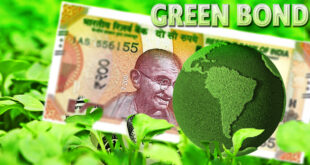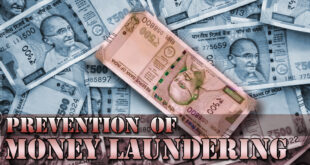Banks with robust financials, strong liability franchise, control on asset quality will continue to do well Non-banking financial companies are going through growth de-rating and are expected to remain volatile in the near future, says Dhiraj Relli , managing director and chief executive officer, HDFC Securities. Investors are also cautious towards the banking sector with slow recovery of NPAs and a slew of other developments. Excerpts : There are a lot of concerns related to debt defaults, especially by NBFCs and housing finance companies. How do you see the developments affecting such stocks and the overall market? Advance tax requirements and rising interest rates have led to a liquidity crunch. The IL&FS fiasco has worsened the situation. NBFC stocks are expected to remain volatile. Higher costs of funding have been keeping their margins under severe pressure, and earnings growth in these companies is also expected to slow down. These stocks are going through a valuation de-rating. In all probability, the broader market will digest these shocks, and stock prices will track the underlying earnings growth of companies. The Indian economy is recovering, and is back on track post the implementation of major reforms like the Goods and Services Tax (GST) and demonetisation. Banking sector appears to be under stress due to a combination of factors related to regulatory actions and asset quality. Should investors look at banking stocks at this juncture? A rising interest rate environment and slow recovery of non-performing assets in the banking sector are factors that have kept investors on tenterhooks. Recent developments, like the merger of smaller PSU banks with larger ones, and the denial of the extension of tenures of the managing directors of some private banks have marred sentiments further. Banks with robust financials, a strong liability franchise, good liquidity, and a strong control on asset quality, will continue to perform well, and investors should accumulate them. Do you think there again will come a phase when our markets will start behaving or reacting more to global events than domestic? We saw it during U.S.-China trade war concerns. In the current environment, India cannot decouple itself from the global economy. Though the impact of the U.S.-China trade war on our country’s economy has been negligible till date, it has hurt sentiments. However, we believe that this will not continue to be the case if India is forced to stop importing oil from Iran. India’s overseas trade does not comprise a significant portion of its GDP, and this factor helps cushion the impact of the trade spat on the country. Currently, the consensus is that the tiff between the U.S. and China will not turn into a full-blown trade war. However, chances are that it will intensify. What is your view on crude? The recent past has seen the markets correcting on account of crude prices? Though OPEC has significantly increased crude oil production, this has been accompanied by growth in oil demand from both China and India. Consumption of crude in India has been growing at a CAGR of around 3%. My view is that WTI crude oil should not go beyond the US$ 80 mark, but you never know.
Check Also
PMLA: Combating Money Laundering and Financial Crimes
Concept : The Prevention of Money Laundering Act (PMLA), enacted by the Indian government, targets …
 Chinmaya IAS Academy – Current Affairs Chinmaya IAS Academy – Current Affairs
Chinmaya IAS Academy – Current Affairs Chinmaya IAS Academy – Current Affairs



